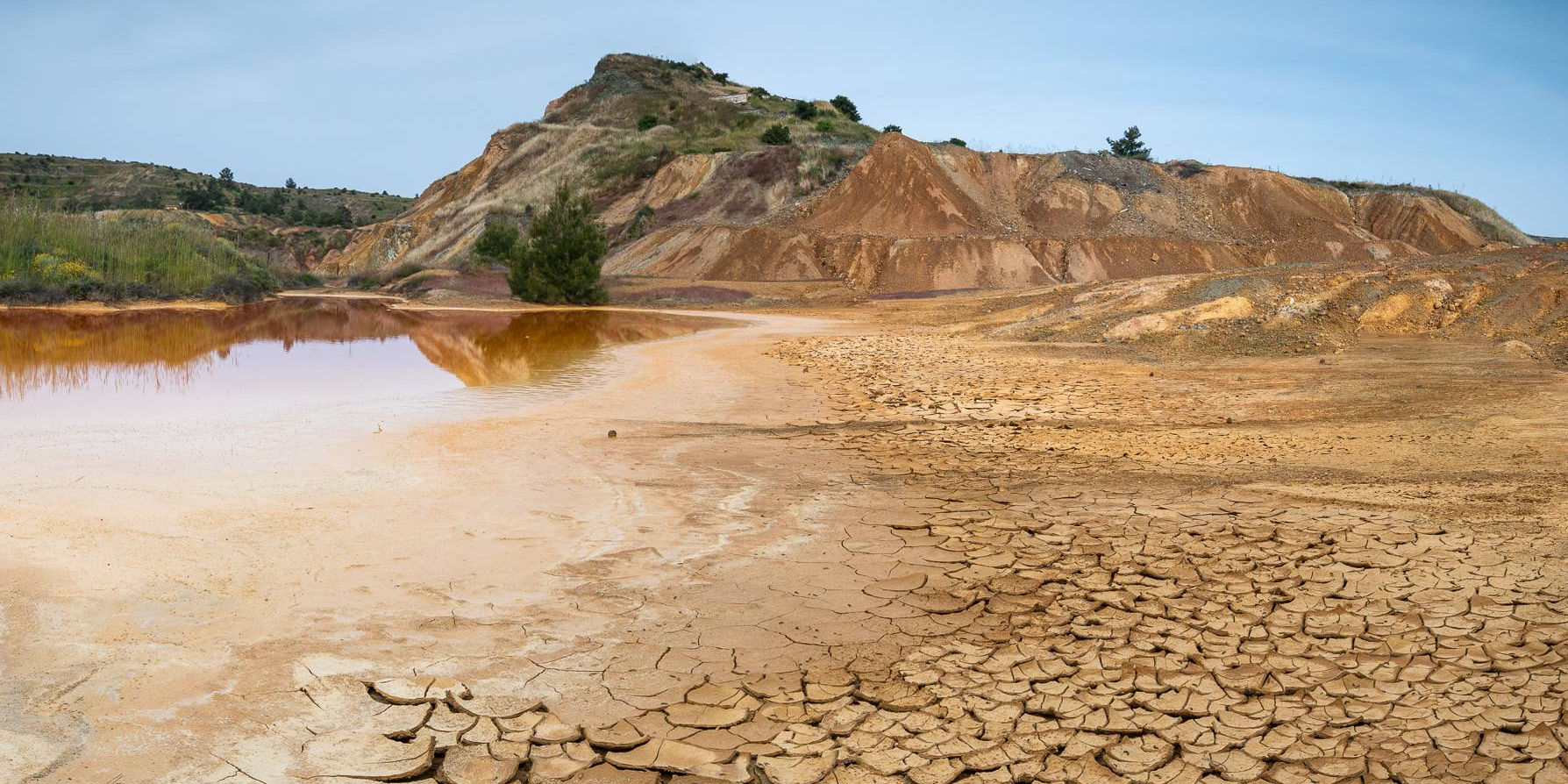
Terrasafe
Key York Contact(s)
Professor Lindsay Stringer, Department of Environment and Geography, YESI Director
Principal and Co-Investigators
Principal Investigator
Dr Jacob Keizer, University of Aveiro, Portugal
Co-Investigators
Prof Lindsay Stringer, University of York
Principal Funder(s)
TERRASAFE is co-funded by the EU’s Horizon Europe programme under grant agreement no. 10115737, and by the UKRI.
External Partners
University of Aveiro
Centre for Soil and Applied Biology Segura (CEBAS)
University of Basilicata
ICAS (Romania)
Countryside & Community Research Institute, University of Gloucestershire
Norwegian Institute of Bioeconomy Research (NIBIO)
Wageningen University & Research
Institute of European Environmental Policy (IEEP)
Mediterranean Sustainable Development Foundation (MEDES)
Institut des Regions Arides (Tunisia)
AKTI Project and Research Center (Cyprus)
Agrobiogel
Imflorestal
Edafotec
Isotech
Agrodit
